Noisy essays and heavy music
Some book news and some vinyl scores in a No Such Thing As Was miscellany
I’ve got a bit on my plate this week, so this is a catch-all edition of No Such Thing As Was.
First off, I’m happy to announce that my new book of music essays Play This Book Loud will be out next May from University of Georgia Press in their “Crux Series.” I’m stoked to be working with the cool folks at Georgia. Play This Book Loud gathers my last decade of so of music essays and some smaller pieces, and I think of it as a companion book of sorts to 2017’s Field Recordings from the Inside. If you dig my writing here at No Such Thing As Was, I hope that you’ll dig my books as well.
Here’s David Kirby, who took an early gander:
The purpose of Play This Book Loud is to electrify readers, set them on fire, and send them running out into the night in search of their own life-altering experiences. Bonomo lets us in on the secret, rounds out the picture, supplies the details, presents us with the whole world of rock and pop. There’s so much more to that world than the golden oldies everybody knows. Historians and fans alike will be glad to have this book.
You can preorder at the Georgia site here or at Amazon here. More news and info coming as the pub date nears! Please consider preordering and help spread the word!
Last weekend my ex-gf Amy and I drove over to Ann Arbor, Michigan—our first visit to that very cool town—to watch Elevator Repair Service’s production of James Joyce’s Ulysses at the Power Center at the University of Michigan. A dozen years ago we caught ERS’s adaptation of The Great Gatsby at the Public Theater in New York, and were suitably floored by the production, in which an employee at a middling office job picks up Fitzgerald’s novel and begins to read it aloud. He’s initially ignored by his coworkers; by the end they’re all transformed. The cast of thirteen reads every word of the novel aloud over eight hours in a remarkable and unforgettable performance. Sadly, I can’t say the same for ERS’s performance of Willam Faulkner’s Sound and the Fury, which we caught a few years later. The troupe made a baffling decision to head toward farce, and the show, uneven tonally and stupid with slapstick, just didn’t work.
ERS redeemed themselves with Ulysses, a trippy take on Leopold Bloom’s preoccupied 24 hour walking tour of Dublin. The cast acted out the novel by focussing on certain scenes/passages and fast-forwarding over long stretches of text—the leaping ahead accomplished by a sped-tape sound affect and a prominent clock on the wall playing catch up—allowing the narrative to be more or less foregrounded over Joyce’s more experimental writing. I can’t say that thing was entirely successful—some of the more avant-garde scenes meandered, or felt imported from a different, more innovative play—but then trying to evoke a whole world both interiorly and externally felt in only three and a half hours is a tall order. I really dig the nerve and ambition of ERS and can’t wait to see what they tackle next.
Back to my usual jam here at No Such Thing As Was. While in Ann Arbor I ducked into a couple record stores, as I love to do in every town I visit. At Encore on N. 4th Avenue I snagged a modest haul of 45s, as well as John Coltrane’s Soultrane and Sun Ra and his Arkestra’s Jazz In Silhouette. Among the lovingly pre-owned singles was “Hot Potato,” parts 1 and 2, by Rinkydinks, not at all rare yet an unfamiliar song to me. I copped the tune on YouTube and knew within a few seconds that the record was going to come home with me. Written by saxophonist, session cat, and producer King Curtis, who’d later score hits and lead his own righteous band, “Hot Potato” was released on the Harlem-based Enjoy Records in 1963, produced by Bobby & Danny Robinson. An infectious groove of a song, the tune’s led by a nimble but funky lead guitar line, bouncing atop syncopated rhythm guitar, bass, and organ lines, and a steady yet loose drum groove. (Both guitarist and drummer drive a bit harder on Part 2.)
A kind of Northern brand of Memphis soul, “Hot Potato” is one of those tunes that is virtually impossible not to move to. A decade after its release the song was rerecorded by Rimshots, the house band of All Platinum and Stang Records, and served as the original theme song for Soul Train, before the more well-known “TSOP (The Sound of Philadelphia),” by MFSB, took over in 1974. (Coincidentally, I picked up a copy of that Rimshots 45 a couple weeks ago for a buck. Ah the joys of crate digging!)
Also at Encore I came across a clean copy of the local gem below, and though I already owned a copy, I had to bring it home with me too. Music had gotten a lot heavier since “Hot Potato,” and Bob Seger and the Last Heard’s righteous, unstoppable jam, released in the summer of 1967, sounds, and feels, like “Hot Potato” at the start of a long night of speed and booze at a packed club and a sweaty after hours party. (Rinkydinks, indeed!)
Muscled by Seger, Pep Perrine on drums, Carl Lagassa on guitar, and Dan Honaker on bass, the song’s basically a groove that gets down around two verses:—
Don’t you ever listen to the radio when the big bad beat comes on?
I know you gotta dig it, I know you can’t stop
’Cause the bottom comes on so strong
and
Don’t you ever feel like goin’ insane when the drums begin to pound?
Ain’t there ever been a time in your life
You could believe what the band was puttin’ down?
—that essentially serves as full throated rallying cries for the kind of ferocious, hard hitting music coming out of Ann Arbor and Detroit in this era. The excitable “Heavy Music” predates the debut albums by the MC5 and the Stooges by a year or so, and leads the front line charge, perfectly evoking the area and era’s responses to, and demands for, music that feels and sounds as physical, as loud, and, yes. as heavy as the lyrics themselves, When a wide eyed, joyful Seger sings/asks, “Baby, don’t you get a kick?” he’s not only vibing off a wallop to the chest by the high-watt amps but by the new ideas and philosophies those sound waves carry. Goin’ deeper….
On my way to Encore I walked past the city’s Municipal Center on Huron, a mid-century joint, and couldn’t help but indulge in a fantasy of seeing a skinny James Osterberg or Ron Asheton skulking out after having to deal with some infraction. At Encore, the guy I was alongside, like me up to his wrists in old 45s, was wearing a shirt with the logo for Hideout Records, the label founded by Dave Leone and Punch Andrews as a way to market and promote their Hideout teen clubs in suburban Detroit. Seger recorded for Hideout. The whole scene felt nearly too heavy.
When we got back home I ran all of the new grabs through Spin Clean. Remarkably, another of my finds, at Wazoo Records across from campus, an OG copy of Otis Redding “Fa-Fa-Fa-Fa-Fa (Sad Song)” on Volt, looked positively fried, yet sounded immaculate! These two tracks are a bit noisy, but what was it John Peel said? “Life has surface noise.”
I’ll end with some sad news, but a chance to offer some help. The great Matthew Sweet endured a debilitating stroke last week. Catherine Lyons has established a GoFundMe to help him defray his medical costs, which as we all know will likely be enormous. Sweet is a gifted and committed songwriter and musician who’s given deep and lasting pleasures to so many, and he could really use some assistance as he gets back on his feet. Please donate if you can, and help spread the word.

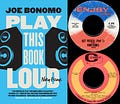


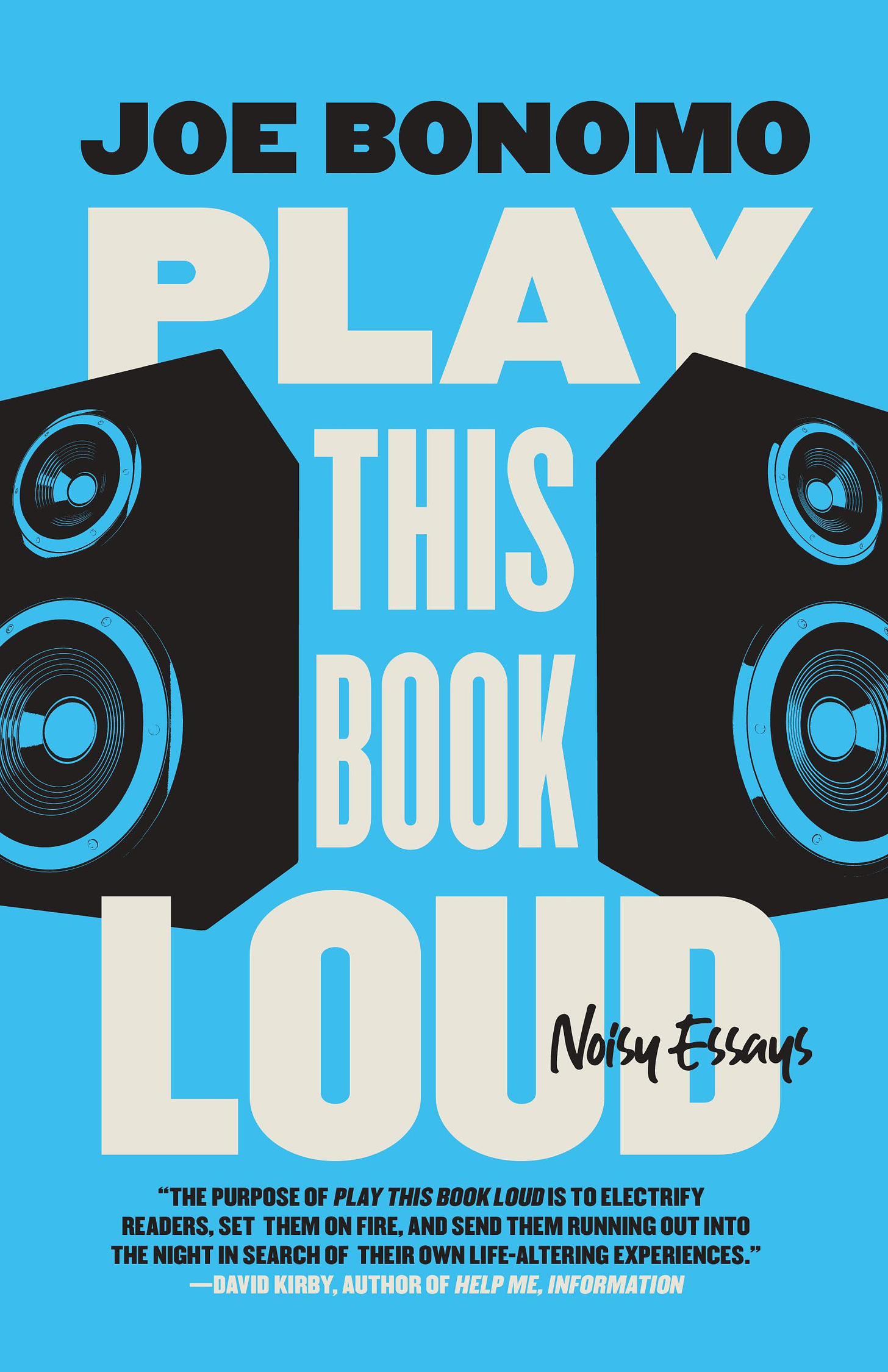
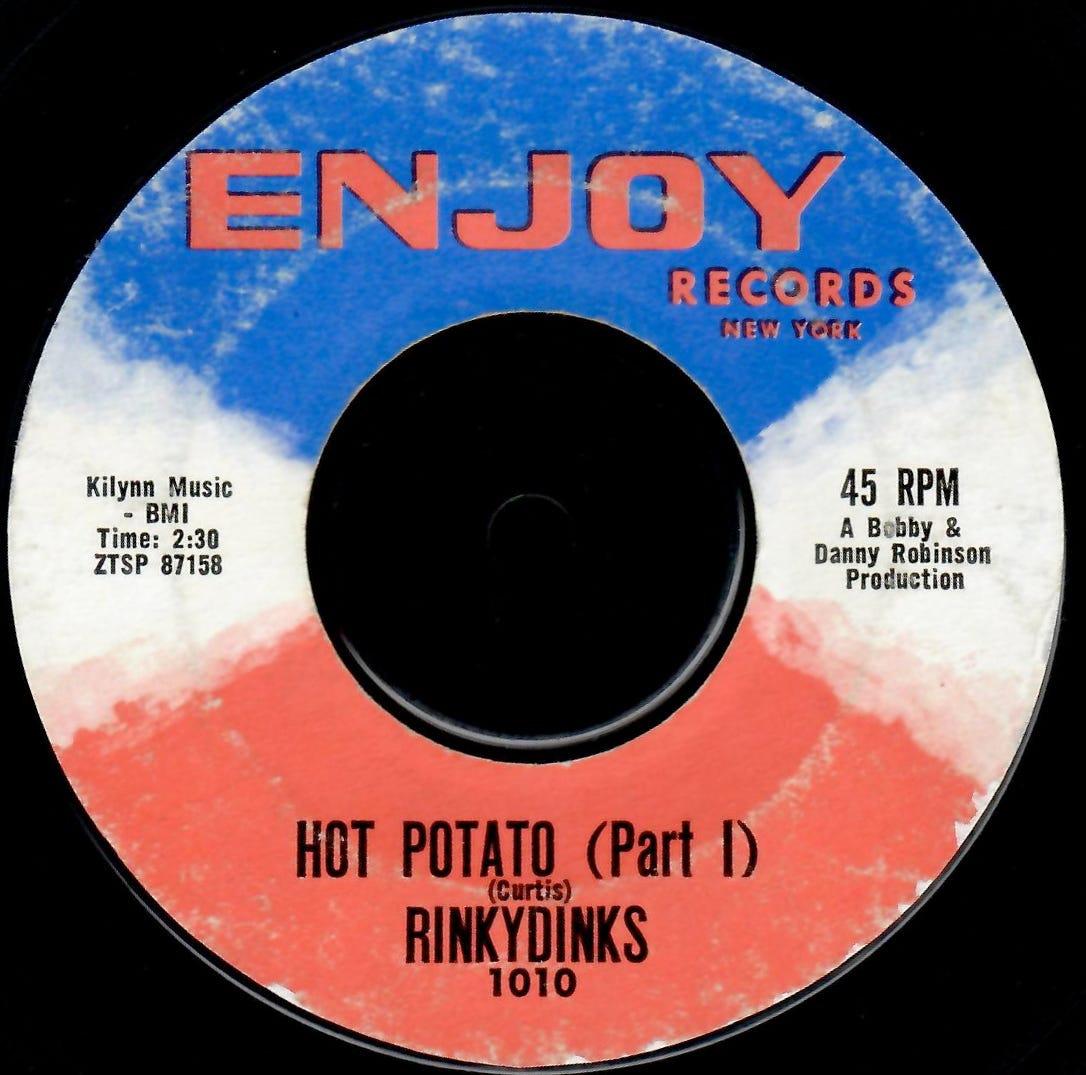
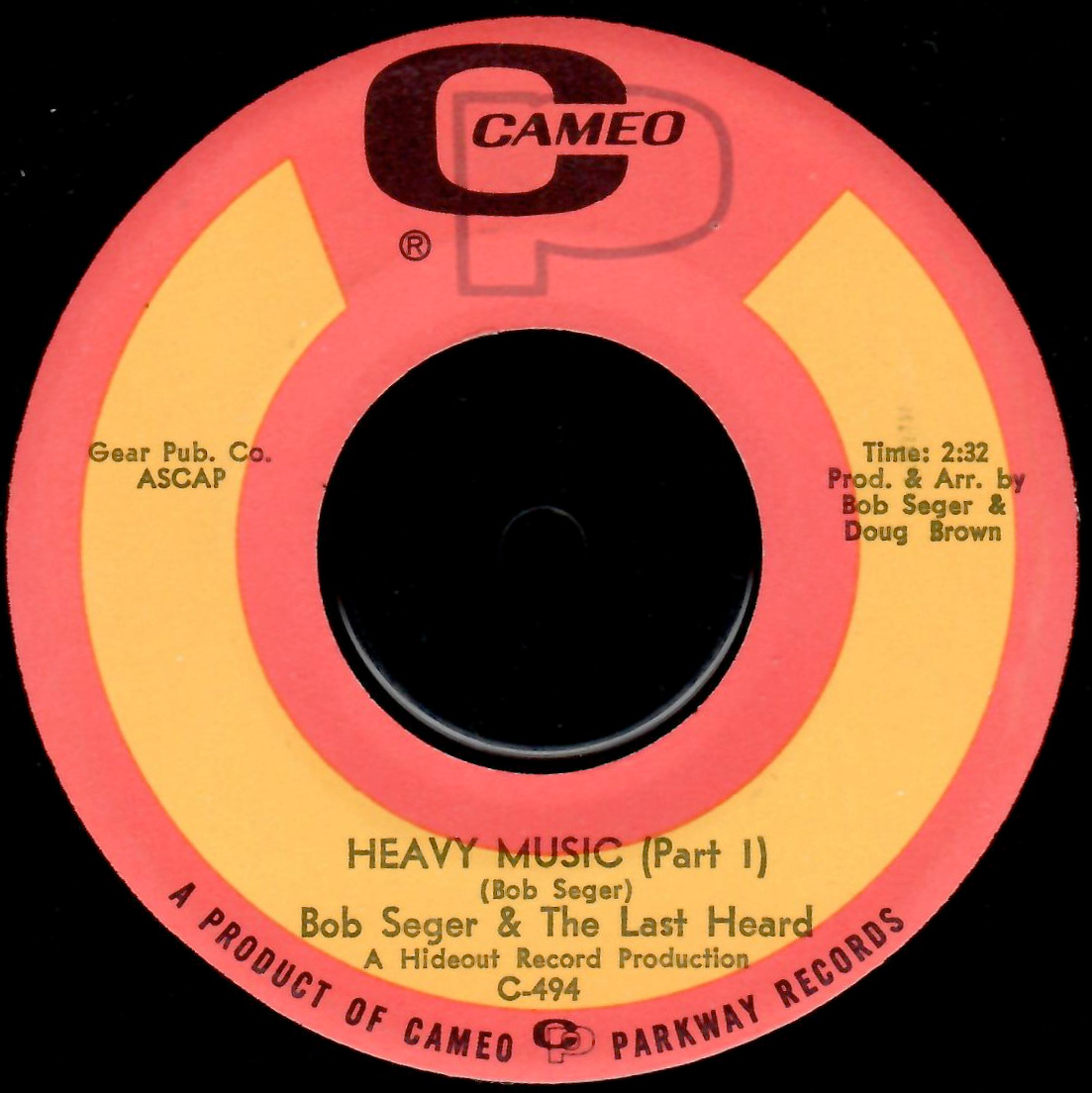
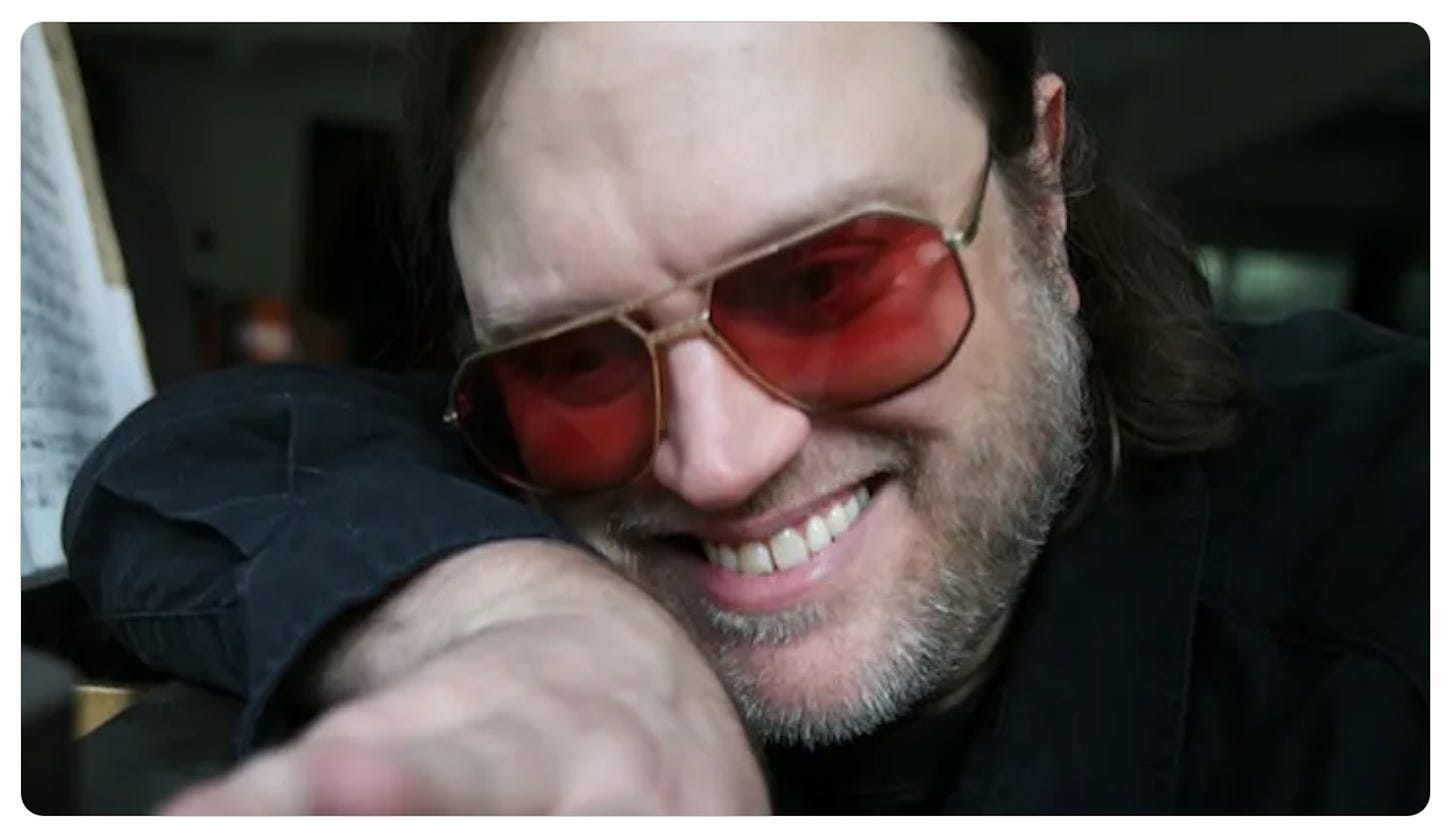
Seger's Cameo recordings are all total jams.
Great book title and cover, Joe!
Whoa, that Seger tune was hot.